|
The Befana is a good witch. She arrives on her broomstick on 5 January, the eve of Epiphany, or Twelfth Night. She goes from house to house, accompanied by villagers singing a begging song. In Casabasciana she brings presents for good children and lumps of coal for bad ones. Adults receive a present too, in return for which they make a donation to the upkeep of the village church, and the end of the song thanks them for their gift. It’s interesting that an apparently pagan character is willing to handover her takings to established religion. In some villages in the Garfagnana there is a tradition of the Befana being a cross-dressed man. We run an equal opportunities policy; last year a woman dressed up in the costume, and last night a man played the role. Besides the broom essential for locomotion, a large nose, glasses, a wild wig and headscarf are de rigueur. The evening begins at about 8 pm when the men gather in the bar and the women take the befana-to-be to the village hall to dress him or her. When they emerge everyone sets off on a zigzagging route stopping at each of the inhabited houses of the village. It’s misting gently, but if traditions are to be preserved, one mustn’t be put off by a little rain. At each house we sing Casabasciana’s begging song (each village has a different one and, yes, it’s a bit boring after the 20th time) and deliver presents, different ones for girls, boys and adults. All the children of Casabasciana must be good, since no one receives a lump of coal. Did anyone consult their parents? Ancient hilltop villages abound in nooks and crannies that invite decoration. Outside Margherita’s house, at the top of the village on the site of the original fort, is a charming little presepe. By 10 pm we’ve reached Angela’s house where we’re welcomed to refreshments. Angela has baked befanini and cialde, both of which are typical here for the night of Befana. Befanini are simple biscuits, cookies decorated with coloured sugar sprinkles. Cialda means wafer. Here they are flavoured with anise seed and rolled into cones. Anna Rosa makes hers the old-fashioned way, baking them between patterned iron plates heated over a flame. Angela has a cialda machine. I wonder if I could tell the difference in a blind tasting. Some bottles of fizz are uncorked, the donation box is opened and the grand sum of €380 is declared. Satisfaction all round, since the take is better than last year despite the economic crisis, someone observes. By 11 pm a happy glow follows us as we depart for our own houses.
0 Comments
Your comment will be posted after it is approved.
Leave a Reply. |
Email Subscription
Click to subscribe to this blog and receive notifications of new posts by email. AuthorErica Jarman Categories
All
Archives
October 2023
|
|
copyright 2017 sapori-e-saperi.com | all rights reserved
|
Website by Reata Strickland Design

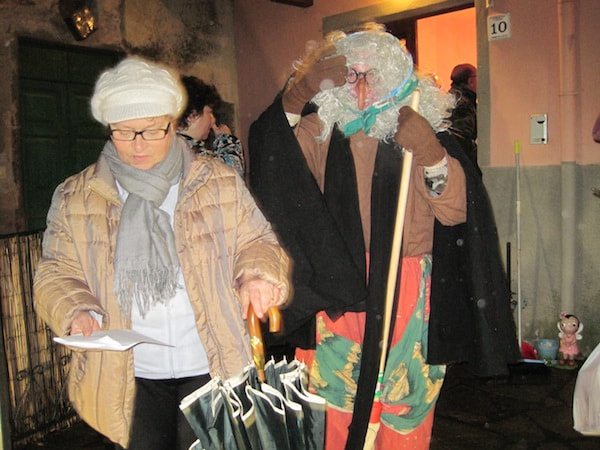
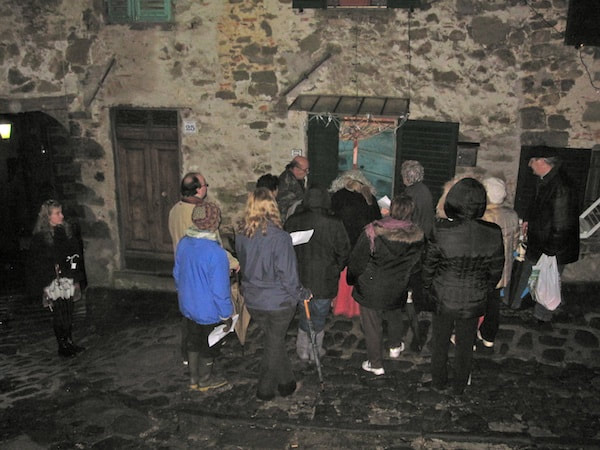
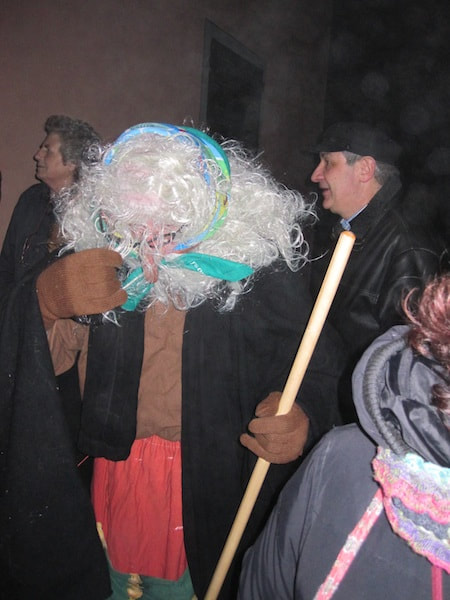
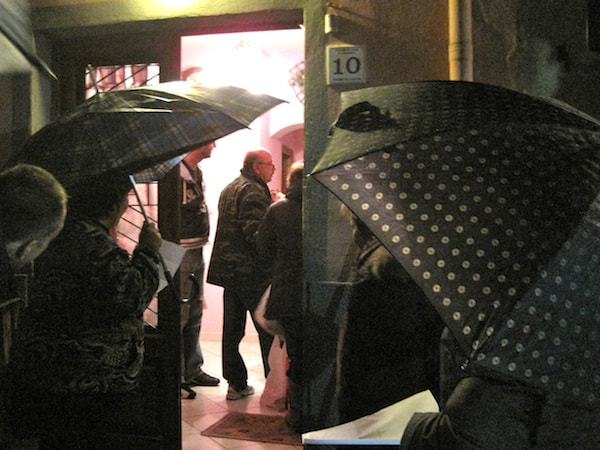
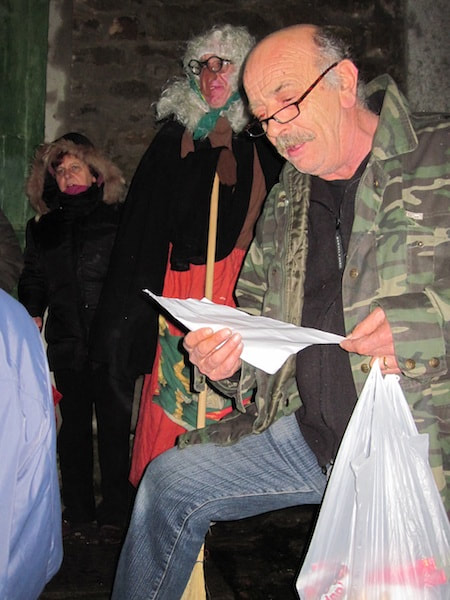
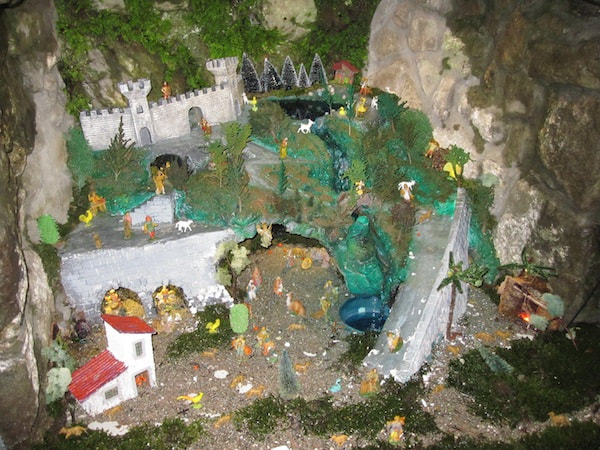
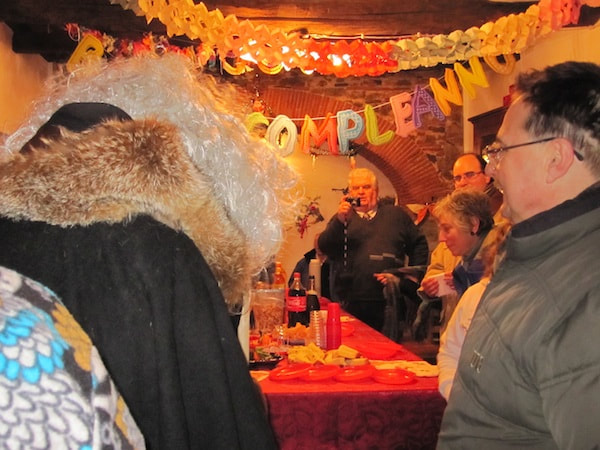
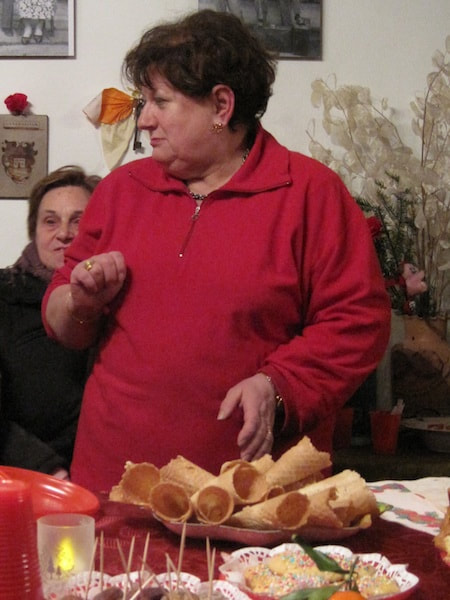
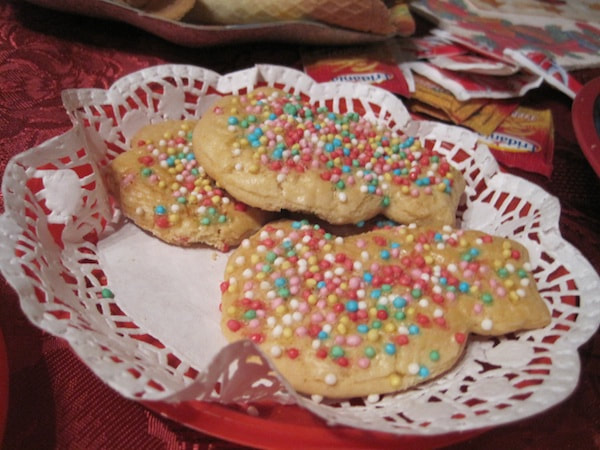
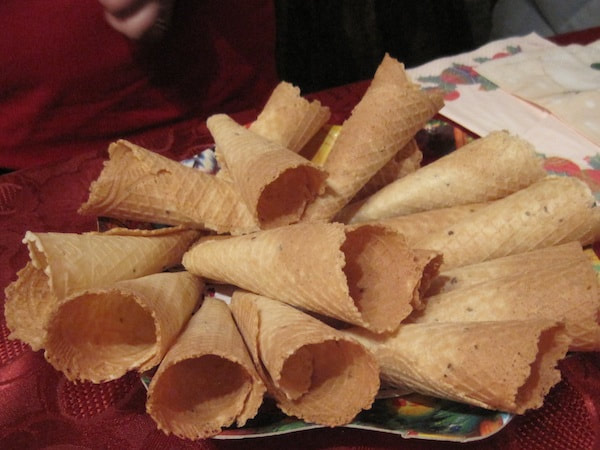
 RSS Feed
RSS Feed



